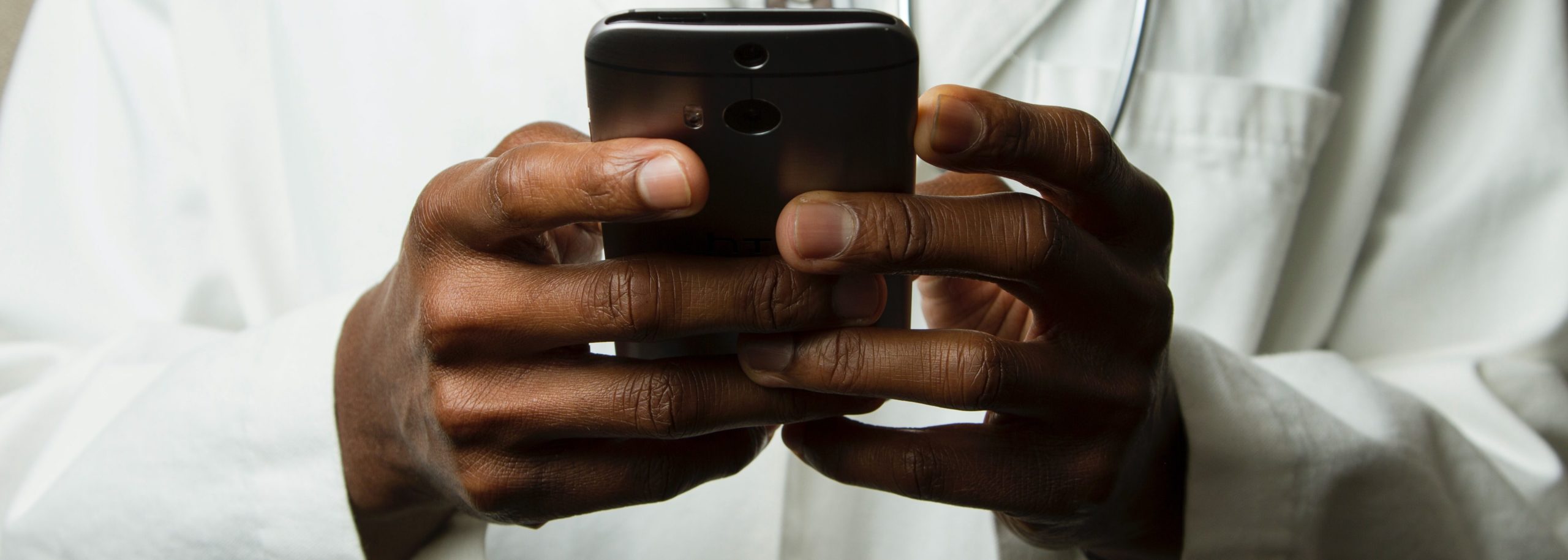Published: 11/08/2021
A winter course hosted by the Stanford Center for Innovation in Global Health and Stanford Byer’s Center for Biodesign offers students an opportunity to explore the timely topic of medical technology and innovation and how it can be implemented effectively in low-resource settings.
Recent advances in health technologies (such as robotics, cloud computing, artificial intelligence, and smart sensors) come with great promise, but — as highlighted by the COVID-19 pandemic — ultimately prove challenging to implement equitably in countries and communities with fewer resources.
Med 232: Global Health: Scaling Technology Innovations in Low-Resource Settings, features lectures and insights from thought leaders from the health technology community such as Steve Davis, author and global health thought leader, and Krista Donaldson, PhD, CEO and Founder, Equalize Health — along with leaders from the global south who will present virtually.
Alongside these leaders and the course instructors, students will explore examples of technologies that have been successful in low resource communities, as well as those that have failed.
A subset of these examples will be drawn from the COVID-19 pandemic. Students will think critically to consider conditions under which technologies reach scale and have positive impact in the global health field. Students will also have an opportunity to work on real-world projects, each of which will focus on the potential opportunity for a health technology in a low-resource setting and consider approaches to ensure its impact at scale. In the past, students have worked with organizations like Microsoft, Equalize Health, Abbott.
This course is taught by Dr. Anurag Mairal, Adjunct Professor of Medicine and the Director, Global Outreach Programs at Stanford Byers Center for Biodesign, and Dr. Michele Barry, Senior Associate Dean for Global Health. It is open to undergraduate students, graduate students, and medical students, including but not limited to those interested in global health, engineering, HumBio, and biodesign.
Cardinal Course
This course has been designated as a Cardinal Course by the Haas Center for Public Service. Cardinal Courses apply classroom knowledge to pressing social and environmental problems through reciprocal community partnerships. The units received through this course can be used towards the 12-unit requirement for the Cardinal Service transcript notation
Course Details:
Wednesdays, 1:30 PM – 4:20 PM PT
Winter Quarter (January-March 2022)
In-Person Course

